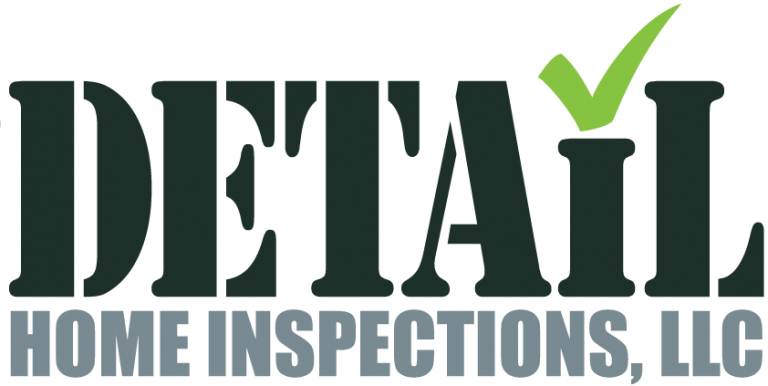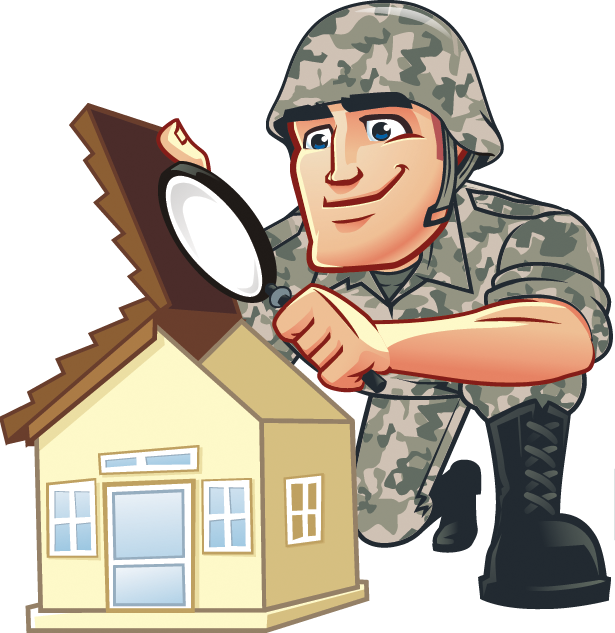
601 Route 206 Suite 26-306, Hillsborough NJ 08844
What is a Home Inspection?
A home inspection is a limited, non-invasive examination of the condition of a home, often in connection with the sale of that home. Home inspections are usually conducted by a home inspector who has the training and certifications to perform such inspections. The inspector prepares and delivers to the client a written report of findings. The client then uses the knowledge gained to make informed decisions about their pending real estate purchase. The home inspector describes the condition of the home at the time of inspection but does not guarantee future condition, efficiency, or life expectancy of systems or components.
A home inspector is sometimes confused with a real estate appraiser. A home inspector determines the condition of a structure, whereas an appraiser determines the value of a property. Although not all states or municipalities in the U.S. regulate home inspectors, there are some professional associations for home inspectors that provide education, training, and networking opportunities. A professional home inspection is an examination of the current condition of a house. It is not an inspection to verify compliance with appropriate codes.
A Home Inspection? Who needs one?
The short answer is you do! The US Department of Housing and Urban Development recommends that all homes be inspected by a licensed inspector before the purchase of a home. You may have heard the term ‘BUYER BEWARE!’ A pre-purchase inspection may reveal potential problems that can be very costly. The trained and experienced eyes of an independent and objective home inspector can uncover these problems during routine inspections. With home prices so high, a home inspection can make all the difference. The bottom line is Inspect before you buy! It’s worth the peace of mind.
When should I get a Home Inspection?
Home inspections are typically conducted after an agreement is reached between the buyer and seller. A sales contract is then written and is conditional upon a satisfactory home inspection. The inspection should be performed within a few days. The purpose of the inspection is to present the buyer with an overall view of the physical condition of the home. After the inspection is completed, a written report is prepared for the home buyer which documents the results of the inspection. Although a home inspection should emphasize the positive characteristics of a home, the information can also help you to negotiate a lower price on the home, based on problems that may be discovered.
What does a Home Inspection cover?
A complete home inspection should cover all of the major systems of a house. This will include the structure, exterior, roofing, electrical, heating, cooling, insulation, plumbing and interior of the home being purchased. As a minimum, an inspection should meet the Standards of Practice of NJ.
Should my home be tested for radon?
Radon has been considered to be the second leading cause of lung cancer and leading environmental cause of cancer mortality by the United States Environmental Protection Agency and encourages all homeowners to test their residences for radon gas concentrations. Radon is a naturally occurring radioactive gas. It is a colorless and odorless and cannot be detected by the human senses alone. Any home can potentially have a radon problem. It comes from the natural decay of uranium that is found in nearly all soils. It typically moves up through the ground and into the home. The greatest risks of radon exposure comes from buildings and structures that are airtight, poorly ventilated and have foundation leaks that allow air from the soil into basements and dwelling rooms. If your home is tested for radon and is confirmed that you have elevated levels, a Radon Reduction Systems can reduce radon levels in your home by up to 99 percent. Most homes can be fixed for about the same cost as other common home repairs but the first step is for a radon test to be performed. A licensed Home Inspector can do this for you.
Should I have my water tested?
This is a question that concerns your health and the health of your family. Illness and a host of less serious problems such as taste, color, odor and staining of clothes or fixtures are signs of possible water quality problems. If you think that lead may be present in some of your household plumbing materials and water service lines, it may be a good idea to have your water tested. Most water systems test for lead as a regular part of water monitoring. But this does not reflect conditions at a specific household faucet. If you want to know if your home’s drinking water contains unsafe levels of lead, have your water tested. Testing is the only way to confirm if lead is present or absent. Some faucet and pitcher filters can remove lead from drinking water. If you use a filter to remove lead, be sure you get one that is certified to remove lead. NSF International.
Should I test for lead in my home?
Lead in your home can cause serious health and behavioral issues in children especially those who are under 6 years of age. Pregnant woman can also be affected since lead can cause developmental problems in the fetus. If your home was built prior to 1978 and/or your home is located in an area that has a high volume of traffic such as a highway or other roadways and you’re pregnant and/or have children, you should seriously consider having your home tested for the presence of lead.
Should my home be tested for mold?
Yes! Simply put; mold can cause health problems. The types and severity of symptoms depend, in part, on the types of mold present, the extent of an individual’s exposure, the ages of the individuals and their existing sensitivities or allergies. If you have allergies such as sneezing, coughing or itchy eyes, testing for mold in your home may determine if what you are experiencing is related to mold exposure. When moisture problems occur and mold growth results, building occupants may begin to report odors and a variety of health problems, such as headaches, breathing difficulties, skin irritation, allergic reactions and aggravation of asthma symptoms; all of these symptoms could potentially be associated with mold exposure. Mold testing in your residence will detect the types of molds, levels and allergic potential effects. A certificate of mold analysis will be issued from a certified environmental lab upon completion, with detailed steps on how to prevent future mold. A home inspection can’t always expose conditions of mold unless it’s found in a visible area. This is not often the case. BETTER TO BE SAFE THAN SORRY!



